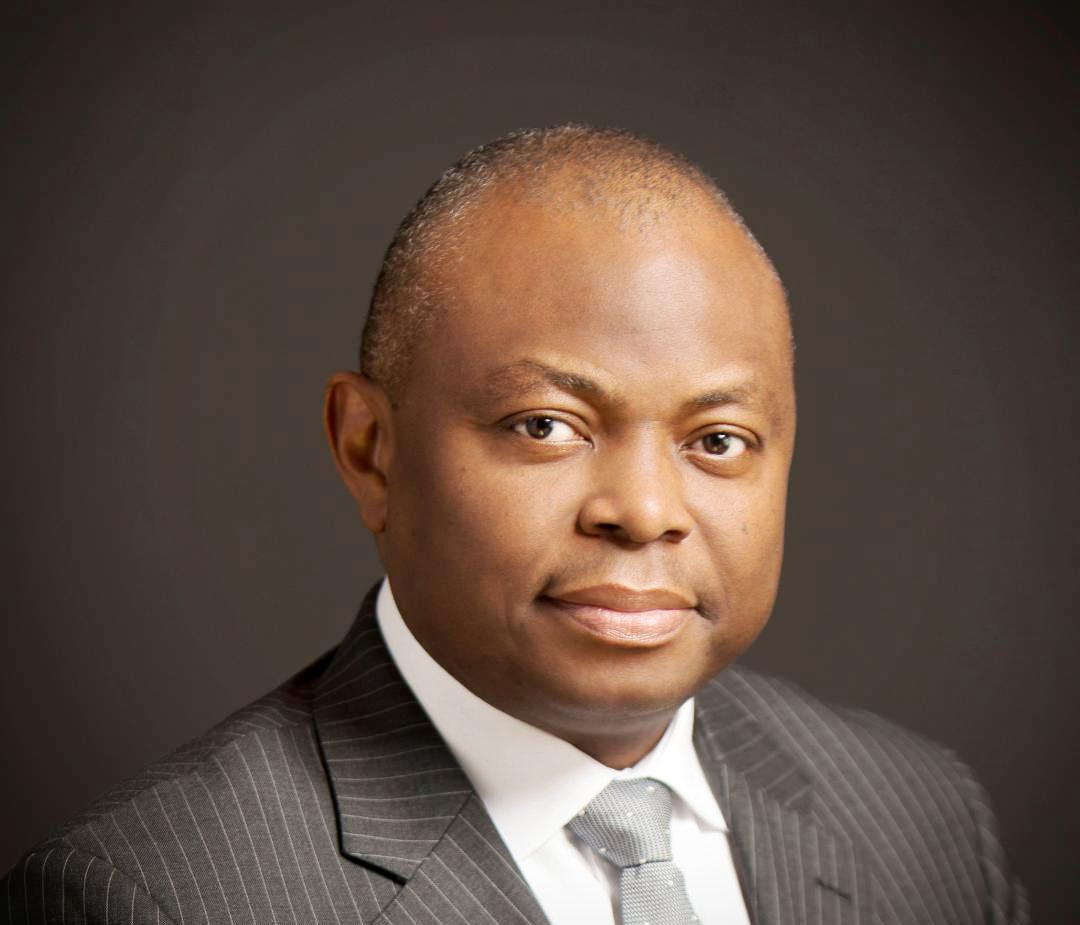Just as many Nigerians are currently nursing their financial wounds over the predicted, but sudden collapse of the popular ponzi scheme, Mavrodi Mudial Moneybox (MMM), another scheme, known as bitcoin, may have started making inroads to the country.
Bitcoin is a consensus network that enables a new payment system and completely digital money to circulate amongst players. It is the first decentralized peer-to-peer payment network that is powered by its users with no central authority or middlemen.
Analysts say bitcoin is perhaps best described as ‘cash for the Internet’, it can also be seen as the most prominent triple entry bookkeeping system in existence.
It is also known as digital cash, cryptocurrency, an international payment network, the internet of money.
Bitcoin is a revolution that is changing the way everyone sees and uses money.
The dangerous part of bitcoin is that it requires no central servers or third-party clearing houses to settle transactions as all payments are peer-to-peer (P2P) and are settled in about 10 minutes; unlike credit card payments, which can take weeks or months before they’re finally settled.
Further findings also reveal that all bitcoin transactions are recorded permanently on a distributed ledger called the “blockchain” – this ledger is shared between all full bitcoin “miners” and “nodes” around the world, and is publicly-viewable.
These miners and nodes verify transactions and keep the network secure. For the electricity they use to do this, miners are rewarded with new bitcoins with each 10-minute block (the reward is currently 12.5 BTC per block).
The bitcoin protocol is also hard-limited to 21 million bitcoins, meaning that no more than that can ever be created. This means that no central bank, individual or government can come along and simply ‘print’ more bitcoins when it suits them. In this sense bitcoin is a deflationary currency, and as such is likely to grow in value based on this property alone.
Addressing journalists’ weekend at the just concluded 2016 Workshop for Financial Correspondents in Kaduna with theme, the Managing Director, Nigeria Deposit Insurance Commission (NDIC), Alhaji Umaru Ibrahim, said the Commission and CBN had set up a committee to look into the trending “digital currency, ‘bitcoin’.
The theme is the workshop was ‘Economic Recession and the Nigerians Banking Sector: Opportunities, Challenges and the way Forward.’
In a clear demonstration of fear on the same matter, Governor of Central Bank of Nigeria (CBN), Godwin Emefiele repeated what NDIC said, noting that “We will look at its advantages and disadvantages, what it means for the payment system and what it means for safety and security of customers.
“We will also look at what it means for money laundering, anti corruption, crime and measurement of money /near money instrument for the economy.
“But we need a lot of education to do this and I’m calling on you (media) to educate yourselves about all of this so you can educate the public,” he said.
According to NDIC boss, “Bitcoin included what is being called block chain technology based products in the market.
While revealing that a lot of Nigerians had already started patronising bitcoin, he confessed that “it had started to creep in and nobody could stop it”.
He said that in Europe and the United States, it had gained currency and some of the leading banks in Europe had also adopted their own versions of bitcoin.
NDIC boss added that “Some of the central banks have also adopted it and are seriously doing everything possible to bring in the emergence of this invisible product.
“The owners do not need any central bank; they do not need any physical bank.
“If you are a subscriber, you only know yourselves and they give you a bit of the bitcoin and in some countries you can convert it to cash.
“You can make payments with it because it has been recognised and one of the famous ex-chief executive of Barclays PLC, Antony Jenkins, has joined the group’s board of directors,” Ibrahim said.
In his further submission, Emefiele confessed that “the financial service industry is not spared in all of this”.
Further discoveries by Business Hilights show that bitcoin is still a cutting-edge experiment in technology and economics, and like the worldwide web in 1995, its myriad potential, purposes and applications are yet to be decided.
However, international financial experts are getting more worried especially in tracking some of the salient questions the scheme has thrown up. Top in the lead questions include but not limited to the following; is it just electronic money? Is it a foundation for smart contracts and electronic shares? Is it underground and subversive, challenging the power of governments, or will it integrate into mainstream finance and go unnoticed?









